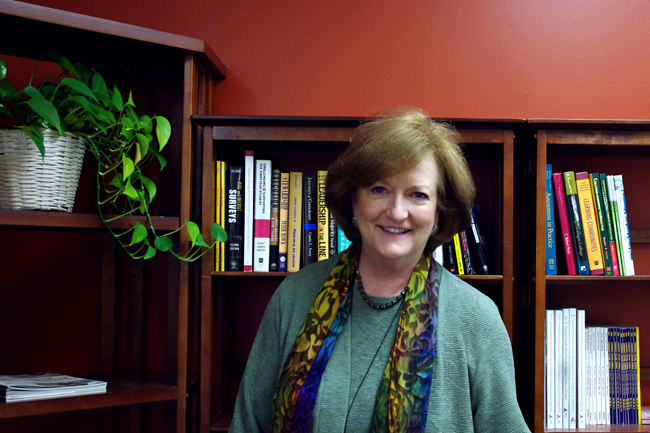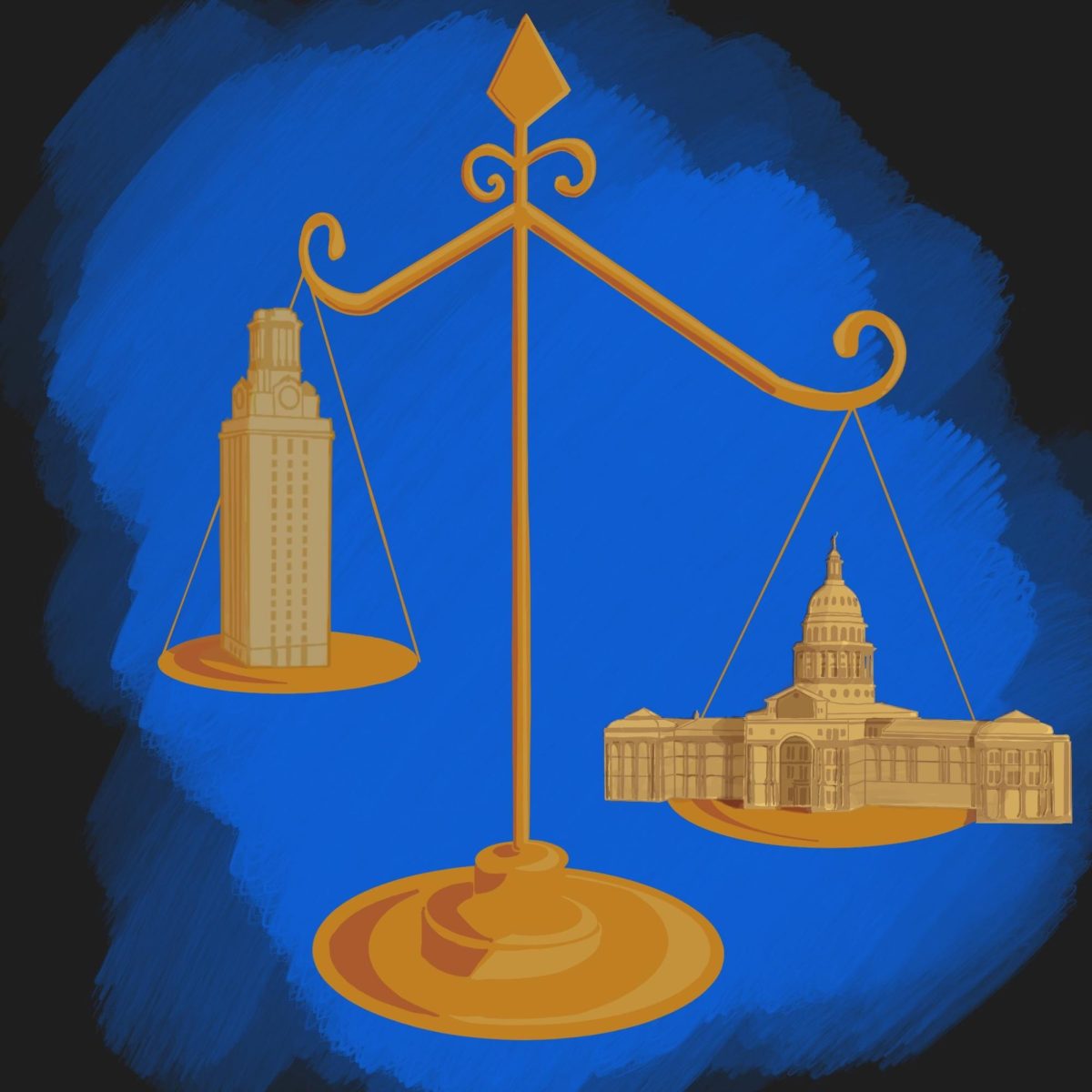Community colleges’ increasing use of part-time faculty to teach courses may have a negative impact on students, according to a report published Monday by UT’s Center for Community College Student Engagement.
According to the report, to deal with declines in state funding while remaining affordable to students, community colleges have increasingly moved to hiring part-time faculty because the colleges have no fiscal obligation to them beyond the current academic term. The report said part-time faculty, often known as contingent faculty, typically have lower pay levels and fewer, if any, benefits than full-time faculty.
This low transactional relationship between institutions and part-time faculty creates few incentives for teachers to help students beyond their designated class times, according to Kay McClenney, a College of Education professor and director of the center. McClenney said contingent faculty also lack the resources or room space needed to hold office hours.
“Student-faculty interaction is extremely important to students,” McClenney said. “If [faculty] are marginalized in some ways, their students are going to be short-changed as well.”
Courtney Adkins, adjunct professor at Austin Community College and assistant director of the center, said one of the biggest challenges she has faced as a part-time faculty member has been limited accessibility to her students.
“I think relationships are central to a community college student’s success,” Adkins said. “Because I normally only teach in the evenings, I don’t feel that I make as strong of a connection to students as I could if I were on campus more.”
Adkins said ACC has created a mentor program between newer adjuncts and long-term adjunct faculty to make it easier for part-time faculty to be aware of the resources the community college offers.
“There have been times over the years when I knew a student needed assistance out of the classroom, whether it be with tutoring services, financial aid services, advising services, etc., and I haven’t always known where to direct him or her,” Adkins said. “Having a name of someone I could contact to ask those sorts of questions is a great help.”
Nicholas Ward, a history senior who has attended both Lone Star Community College in Houston and ACC, said he did not need to attend office hours until coming to UT.
“At Lonestar, 90 percent of the classes were about the equivalent of a high school level class,” Ward said. “You could usually talk to [professors] after class if you had a question.”
According to McClenney, close to two-thirds of the the students who enter community colleges are not prepared to succeed academically. McClenney said institutions need to expect effective teaching practices from faculty to enable students to excel in college.
“Higher expectations need to be part of the job description,” McClenney said. “No one rises to low expectations.”




















